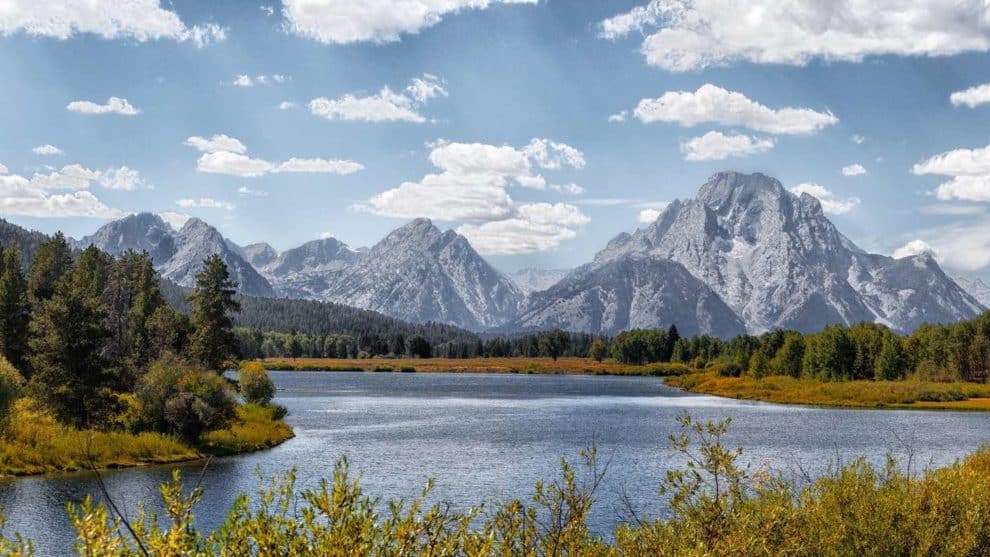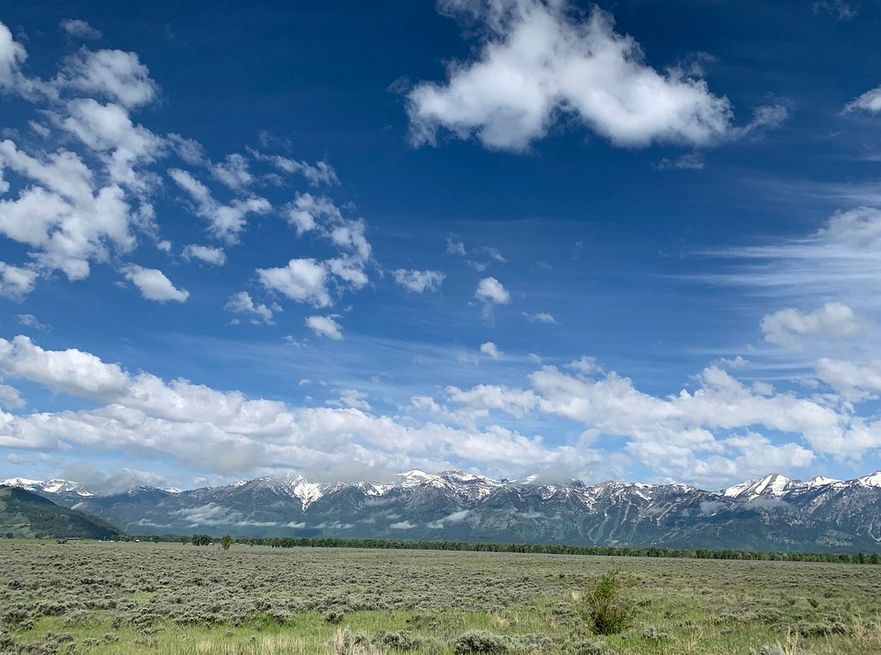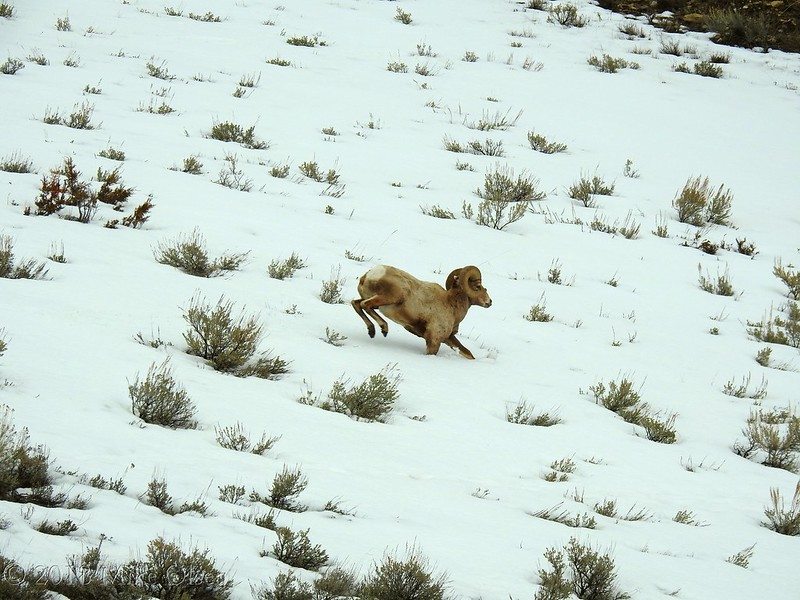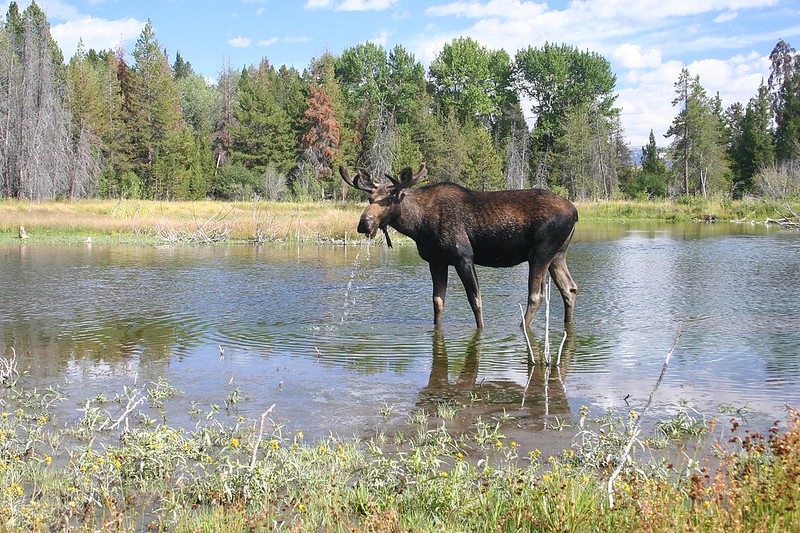
- Wyoming currently has three sportsbooks serving the state–FanDuel, DraftKings and BetMGM. In addition, PointsBet has been licensed but has yet to launch.
- Wyoming’s regulatory framework for sports betting is ‘pound for pound’ the best in the United States.
- Unfortunately, the state has been overlooked by many sportsbook operators due to its small population.
At some point, more sportsbook operators will wise up and launch their brand in ‘big, wonderful Wyoming’. The state has the best regulatory framework for sports betting in the US, ridiculously reasonable fees, no juicing in of legacy gaming players…errrr…tethering and a 10% tax rate. No silly sports or bet restrictions. In many ways, Wyoming’s sports betting regulations are very similar to those set to launch in Ontario on April 4. Here’s some specifics on the sports betting regs in Wyoming:
Wyoming also resisted the temptation to try and extract as much money as possible through taxes and licensing fees. The fee structure in Wyoming is such that any legitimate sports betting provider really doesn’t have an excuse *not* to launch in the state–initial licensing fees will be $100,000 and good for five years with subsequent renewal fees at $50,000. The 10% tax rate is a bit higher than I’d like but it’s important to keep in mind that sportsbooks won’t be sharing their revenue with a third party ‘access provider’ from the legacy gaming industry as they do in most states. ‘Net net’, the 10% tax rate in Wyoming is functionally less of a financial bite than New Jersey’s 8.5% or even Iowa’s 6.75%.
That last point is huge. The typical revenue share by sportsbooks that ‘partner’ with a legacy gaming business or other entity with sufficient political clout (eg: pro sports teams) is 10% to 15%. That’s why most sportsbooks would rather pay a higher tax rate with none of the ‘tethering’ nonsense than a lower rate that is supplemented by payments to a third party business that has been financially generous to politicians in a given state. In Wyoming, they don’t have to. There are just a handful of states with a tax rate lower than 10% (eg: Indiana, Iowa, Nevada) and a handful at 10% (eg: Colorado, West Virginia). Wyoming has a low tax rate *without* a third party getting a cut. Given the going rate of a revenue share deal (10% to 15%), Wyoming has a functional tax rate of zero.
On top of everything, Wyoming is one of the most insanely beautiful states in the country. No disrespect to the rest of the US, but when it comes to natural beauty the entire Mountain Time Zone is simply on another level. Wyoming, Utah, Colorado, Arizona, New Mexico, Montana and Idaho. Not a scenic weak link in this group.
It blows my mind that you could stand in the middle of this field and assuming you can get a cellphone signal you can bet on sports:

Slow start notwithstanding, with just a little bit of work Wyoming could become a serious player in US sports betting. As in, sports bettors moving to Wyoming to ply their trade. No pollution, no traffic, no crowds, reasonable real estate prices and kick ass mountains such as illustrated above. Generally speaking, ‘wise guys’ are the kind of newcomers you want moving to the state. They’re generally low key, affluent, and bring their own means of support. As in, sportsbook and ancillary businesses opening offices in Wyoming bringing investment, jobs–and creating a ‘critical mass’ that would attract more businesses of this type.
What makes Wyoming such a great place to live has to date limited the number of sportsbooks serving the state–the population or, more appropriately, the lack thereof. Wyoming has a population of 576,851 (2020 Census)–lowest among the 50 US states and the District of Columbia. Wyoming has a population density of 6 people per square mile. That’s a crowd compared to Alaska’s 1.28 per square mile but still 49th in the US. Only one other state (Montana) has a single digit population per square mile. At the other extreme, two states have a population density in excess of 1000 per square mile (New Jersey and Rhode Island).
Obviously, you’ll never generate the type of revenue in Wyoming that you would in New Jersey or New York (408 per square mile) but with the favorable regulatory structure and low overhead of operating in the state it would be hard *not* to make money. The $100,000 USD licensing fee is less than the cost of a bribe to one politician in New York or Illinois. Your marketing budget would be a fraction of what you’d pay in most states. You could cover the majority of the state’s population with the TV stations in Denver and Salt Lake City. If you’re being thorough, add Billings, Montana and Pocatello, Idaho and you’ve got the state covered.

It’s hard to think of an excuse of why a sportsbook wouldn’t launch in Wyoming. Colorado is just below Wyoming, so it’s not like the state is geographically isolated from other sports betting markets. To the contrary–the Wyoming state capital (Cheyenne) is just 100 miles or 90 minutes from Denver. If you needed to be physically present at the gaming commission offices in both states you could knock it out in one day. Additionally, it provides proximity to a major airport facilitating a quick flight to Las Vegas, Reno, Phoenix, Albuquerque or even destinations in the midwest like Des Moines, Iowa, Chicago or Indianapolis. Wyoming has some of the most favorable cryptocurrency regulations in the country–that suggests that if a sportbook wanted to try something innovative the state would at least listen to the pitch. You wouldn’t even be afforded that courtesy in states like Nevada, New York or Illinois.
There’s no getting around the fact that Wyoming needs more sportsbooks in the state. If it had even half as many ‘outs’ as Colorado, I’d pack up and move there tomorrow. Wyoming has an Office of Tourism looking to bring in not only tourists and outdoor recreation enthusiasts but also production companies looking to film there. They also have a Business Council tasked with luring new business to Wyoming. Their website lists a number of ‘target industries’–some obvious (Outdoor Recreation and Wind Energy), some less obvious (Blockchain Technology, Data Centers and IT). They’ve got PDF brochures targeting these industries–here’s the crypto/blockchain one:
All they’d need to do is re-write the ‘regulations’ section of the brochure to reflect the gaming industry and add a relevant cover photo and they’d be set.
They should definitely add sportsbooks and ancillary businesses to their ‘target industries’ but that’s just a start. One problem they face is that to reach the sports betting industry they need to find someone who ‘speaks the language’. For that reason, they might want to open a ‘sports betting office’ similar to the state’s film office. It could be a one person staff, but it is crucial that this person have a comprehensive understanding of sports betting.
It wouldn’t take much to get a ‘critical mass’ going as a sports betting destination. Once this happens, media coverage is easy to come by. We’ll use blockchain/crypto related businesses as an example. Here’s some links to articles in major publications pushing Wyoming as a crypto hotspot:
HOW CAITLIN LONG TURNED WYOMING INTO CRYPTO COUNTRY (FORTUNE)
CRYPTOCURRENCY’S WILD WEST IS IN WYOMING (REUTERS)
HOW WYOMING BECAME THE PROMISED LAND FOR BITCOIN INVESTORS (MARKETWATCH)
The sports betting industry is just as ‘trendy’ as crypto–particularly in the financial and business media. The same playbook pitching sports betting to mainstream media would be extremely effective. It might not be *quite* as simple as ‘cut and pasting’ ‘sports betting’ in place of ‘cryptocurrency’ but close. At the very least, they could attract more sports books to get licensed in Wyoming. Properly positioned, they could attract investment, businesses, jobs, etc. Sports betting could attract many of the same type of jobs as the crypto/blockchain industry. Get crypto and sports betting working together–and there’s quite a few projects already launched that do just that–and the sky is the limit.










